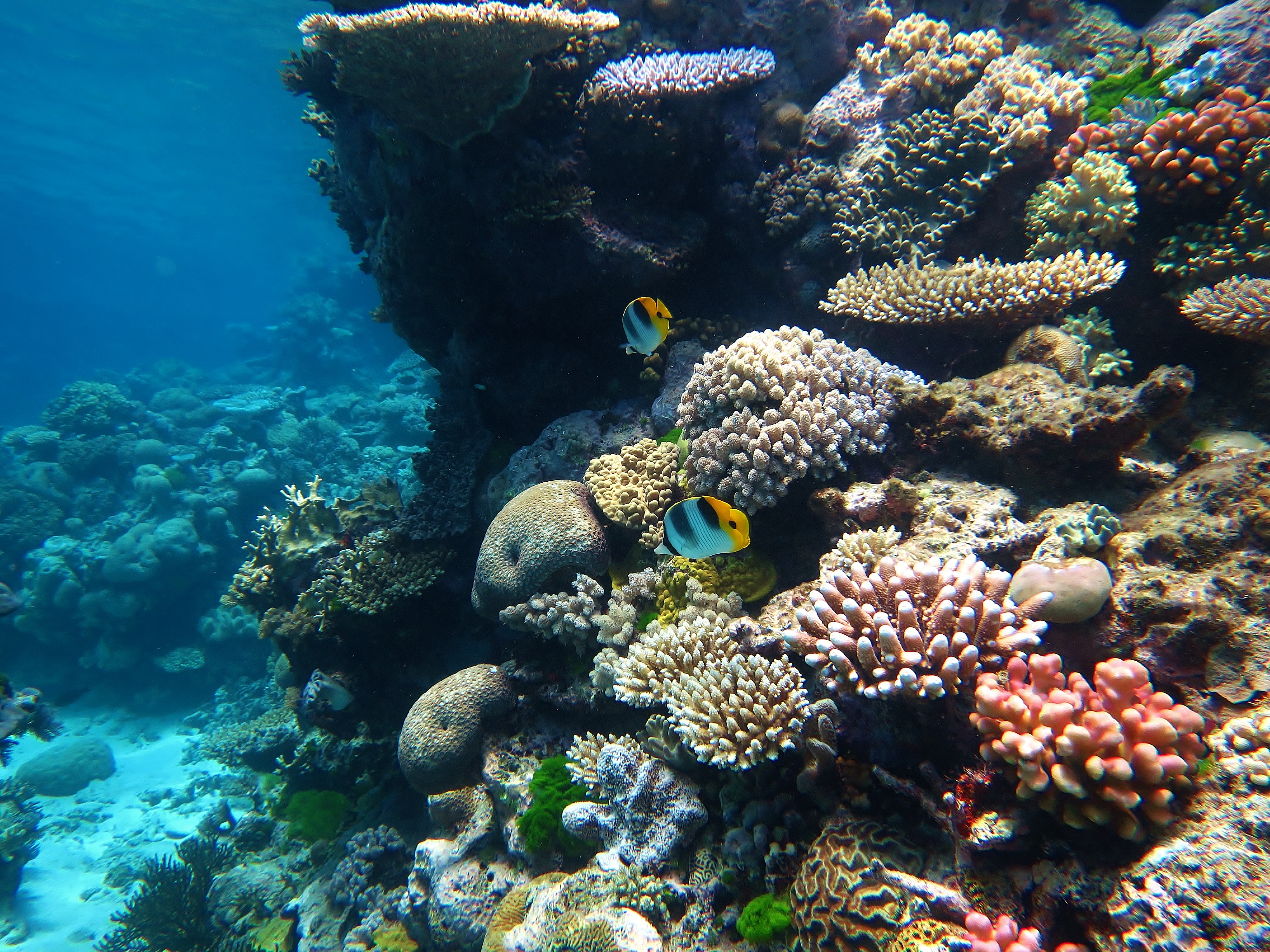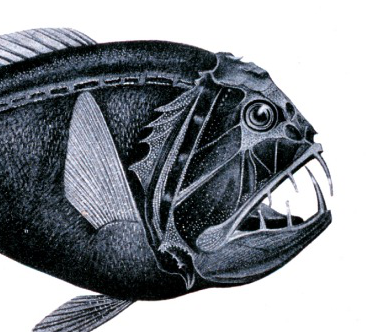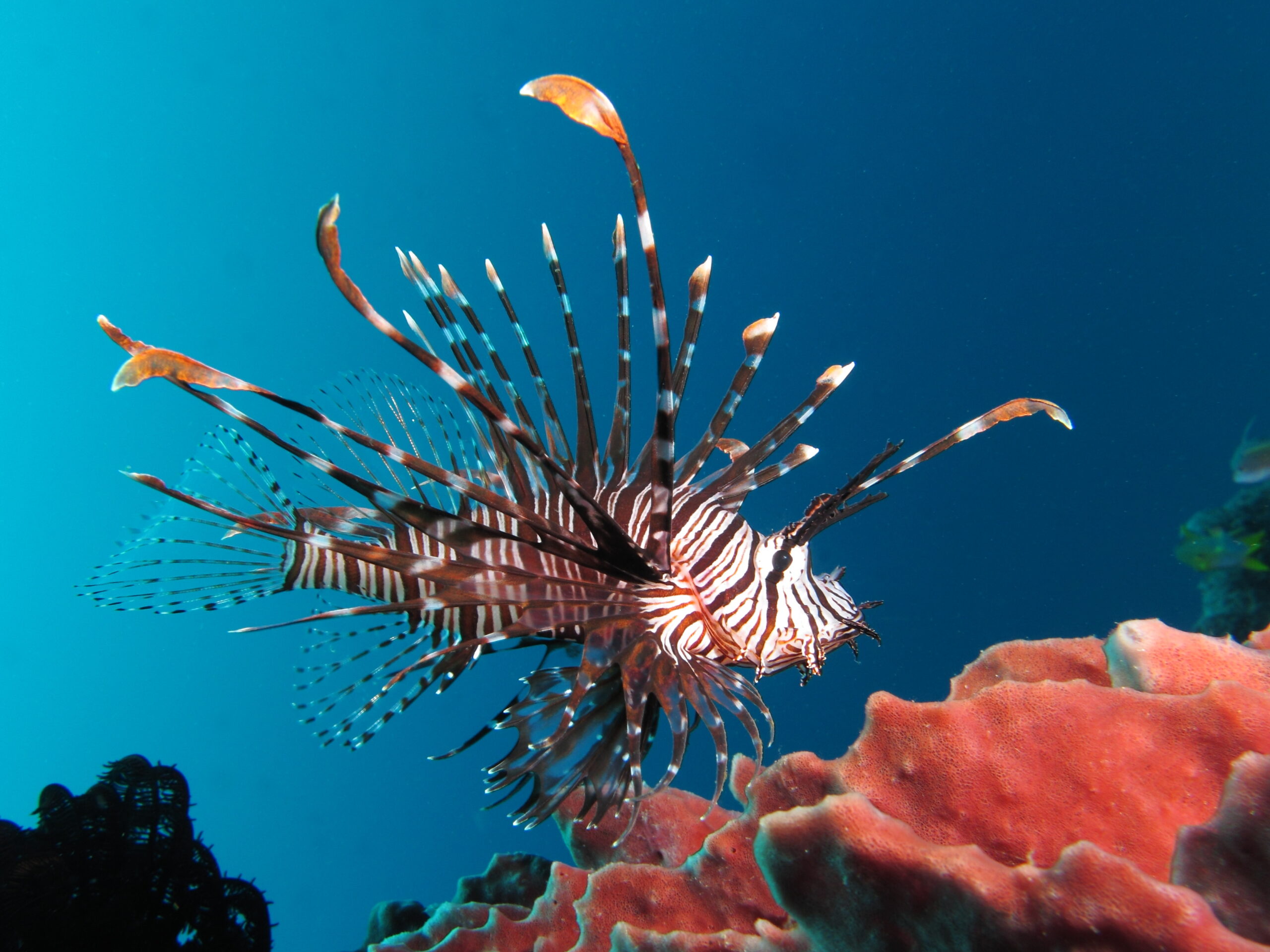How does a baby fish decide which coral reef will make the best home? Scientists have recently found that baby fish can use sounds and smells as guides to find a good place to settle down. For most people, a familiar scent or the sound of a familiar voice can be comforting and home-y, and the same is true for fish.
Most people are familiar with what a coral reef might look like; even in land-locked regions nature documentaries and coral reef screensavers abound. But fewer are familiar with the gentle crackle and pop sounds of life on a coral reef, sounds which scientists have recently discovered are vital for the health of the system. (To hear what a coral reef sounds like, check out this video from the BBC.)

Discovering that chemical and acoustic cues are necessary for fish to find their way home has also led scientists to investigate the impacts of increasing noise pollution and decreasing levels of healthy biological sound in the ocean. An increase in noise from boats, oil and gas drilling, and various other sources can block out the sounds a fish needs to find its way home. In addition to noise pollution, degraded reefs may struggle to recover because they don’t sound right to baby fish. These reefs then fail to recruit inhabitants, making them ever quieter than before, and leading to a snowball effect.
In a study published in November, scientists decided to investigate the potential to help these quiet reefs recover. Their solution? To put a loudspeaker on the reef and play sounds recorded from a thriving habitat nearby.
After 40 days of playing healthy reef sounds on small reefs consisting of coral-rubble, a wide diversity and large quantity of juvenile fish decided to make their home on the reef. It may not have looked all that nice but it did sound like home. This is important because a diversity of organisms is necessary for an ecosystem to be healthy. More fish on a reef means more nutrient cycling as fish eat and produce waste on the reef or die and decompose. A variety of different fish are able to fill a variety of different roles on the reef, eating different things and keeping a balanced ecological web intact. And as more fish make the reef their home, the reef grows more and more acoustically enticing to future generations of baby fish.

Placing loudspeakers on reefs is still not an easy solution, nor is it the only solution needed to save coral reefs around the world, but it is an exciting start. Through years of research and multiple teams of scientists, we now know something about the importance of sound in helping fish choose a home. This, in turn, has led to ideas, like the ones tested in this study. By understanding how and why marine animals, like fish, behave, we can brainstorm creative solutions for the conservation of our oceans.
I am a PhD candidate at Syracuse University studying marine mammal communication. My research focuses on analyzing underwater recordings of whale calls in order to better understand whale behavior. I’m also interested in education, outreach, and science communication. When I’m not listening to whale sounds, you can find me curled up with a good book or complaining about how much it snows in Syracuse.



Great Post! Thank you very much.
Thanks for informations. I’ll read it again later.
Thank you for post! This information is great!
Thanks for share post